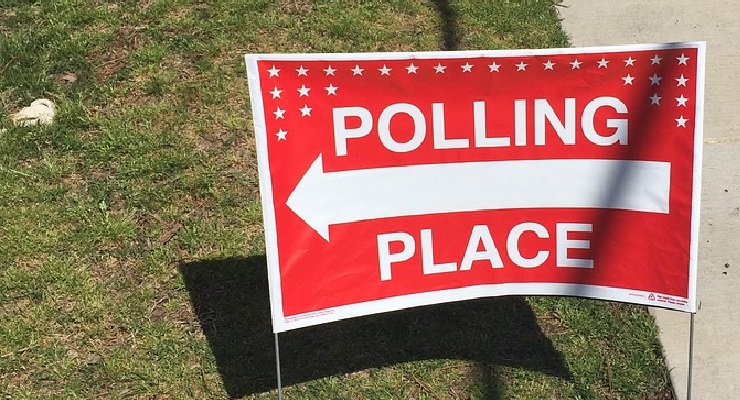
The battle over instituting a Maine ranked choice voting continues as compromise is on the docket. Only recently, a ranked-choice voting system was shot down by Maine’s highest court in a setback for the election method. Ballot Access News had this post by Richard Winger with more:
Maine State Senator Michael Carpenter (D-Houlton) has this op-ed in the Bangor Daily News. He is a former Attorney General of Maine. He believes that the legislature should pass a compromise bill this week concerning Ranked Choice Voting. He would pass a bill that provides for Ranked Choice Voting for congress, and for primaries for congress, Governor, and legislature. There would be no state constitutional problem with that idea; the state constitution is only an impediment for general elections for state office. Under Carpenter’s proposal, general elections for Governor and legislature would not use Ranked Choice Voting.
It is very likely that the Maine legislature will pass something concerning Ranked Choice Voting this week. Thanks to Rob Richie for the link.
Whatever happens, the voters chose a ranked voting method and lawmakers must abide their wish. A recent article in the the Portland Press Herald explains this position:
When it comes to ranked-choice voting, Maine lawmakers certainly have heard the seven justices of the Maine Supreme Judicial Court. But they also should be listening to the nearly 390,000 Mainers who voted last November for a change in the way the state runs elections.
Fifty-two percent of the Mainers who voted were in favor of Question 5, an initiative that could bring more civility and consensus to campaigns marked by increasing, deliberate divisiveness and end the incessant talk of “spoiler” votes that has dominated recent three-way races, to their detriment.
But the merits of ranked-choice voting aren’t the issue here. Those were debated at length in the lead-up to Nov. 8. Voters heard them – along with questions about the measure’s constitutionality – and a majority clearly wants a new electoral system. At issue now is whether the Legislature will listen.
If citizens choose to start using ranked choice elections then why has the legislature blocked the move? Here is a recent post by Jack Santucci for the Monkey Cage:
Last fall, Maine voters passed an experiment in voting that no state has ever before tried: ranked-choice voting. It’s an experiment some say could change the national calculus against third parties, as I’ll explain below. But the state’s Republican-led Senate asked Maine’s Supreme Court to rule on the system — and the court recently issued an advisory ruling that ranked-choice violates the state constitution. So why would anyone be interested in ranked-choice voting — and why are Maine’s Republicans fighting it?
It’s a good question. Also, here is some more information on ranked choice voting and instant runoffs from Democracy Chronicles’s friends at FairVote:
Ranked choice voting (RCV) makes democracy more fair and functional. It works in a variety of contexts. It is a simple change that can have a big impact.
With ranked choice voting, voters can rank as many candidates as they want in order of choice. Candidates do best when they attract a strong core of first-choice support while also reaching out for second and even third choices. When used as an “instant runoff” to elect a single candidate like a mayor or a governor, RCV helps elect a candidate that better reflects the support of a majority of voters. When used as a form of fair representation voting to elect more than one candidate like a city council, state legislature or even Congress, RCV helps to more fairly represent the full spectrum of voters.
Leave a Reply